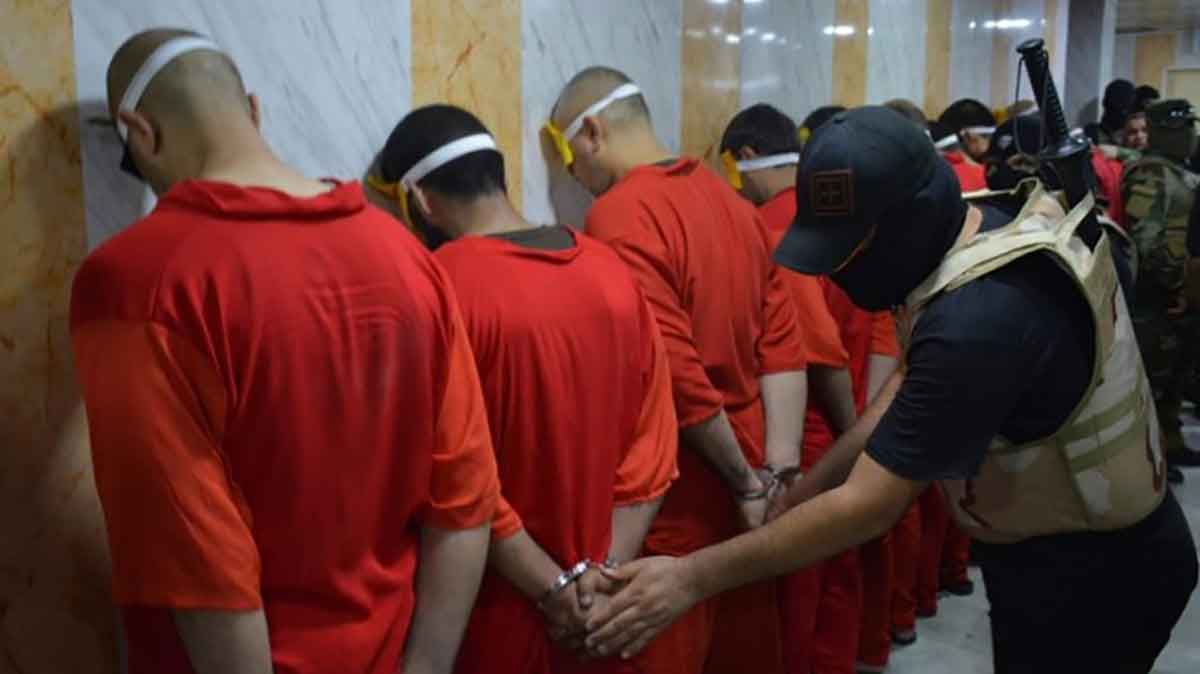Bahrain: European MEPs demand for the release of prisoners of conscience
16 prominent Members of the European Parliament (MEPs) have issued a strongly worded letter urging the Bahraini authorities to abide by its commitments and to release all prisoners of conscience.
In an open letter to the bloc’s foreign policy chief ahead of the proposed meeting with the Bahraini counterpart.
“We are deeply concerned by the ongoing deterioration of human rights in Bahrain, following a year where, as highlighted by Human Rights Watch, there has been an ‘escalated repression’ of the Bahrain government against critics’,” the letter said.
“We therefore kindly urge you to take this opportunity to hold your Bahrain counterparts accountable for their human rights commitments by raising the cases of European-Bahrain dual citizens Abdulhadi Al-Khawaja and Sheikh Mohammed Habib Al-Muqdad and urging Bahrain to restore their moratorium on the death penalty.”
In a report released late 2020, Human Rights Watch said that the Bahraini government has drastically escalated its repression program against peaceful protesters stating that the country routinely upheld death sentences against activists even after the trial was deemed to be unfair.
Joe Stork, the Deputy Middle East Director for Human Rights Watch said in his report that the “Bahrain authorities use the many repressive tools available to them to silence and punish anyone who criticises the government… Bahrain has escalated its use of the death penalty, targeted people for their social media activity, and denied medical treatment to prominent opposition figures in detention.”
In their signed letter to the foreign policy chief, the 16 MEPs drew attention to the nations unjustly imprisoned opposition members who are being held in deplorable conditions where they have zero protection from Covid, which increasingly puts their lives at risk.One of the many victims of Bahrain’s clamp down on political activists are Moosa and Ramadan .
Both were imprisoned and tortured until a confession was signed. After an intensive investigation by Human Rights watch, it concluded that the medical report detailed “injuries” on Moosa’s wrists that “raise the suspicion that he was subjected to assault and mistreatment that coincide with the procedures of his arrest, detention, and questioning.” The investigations unit concluded that there is a “suspicion of the crime of torture…which was carried out with the intent of forcing them to confess to committing the crime they were charged with.”





























